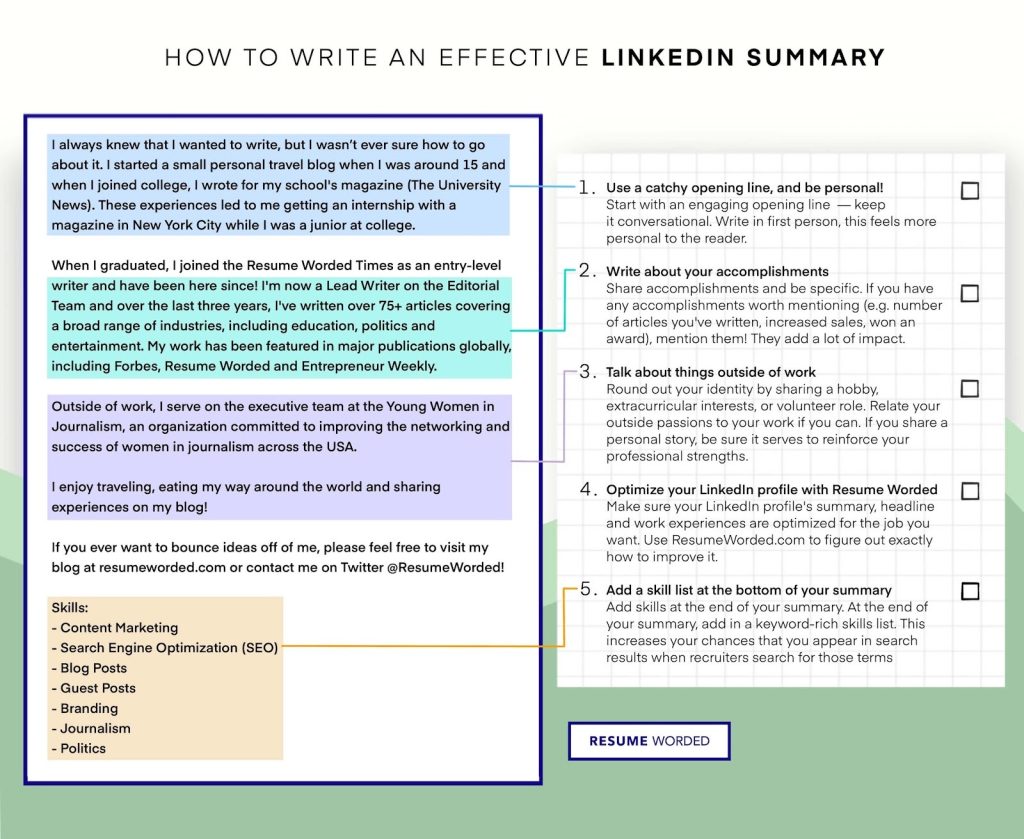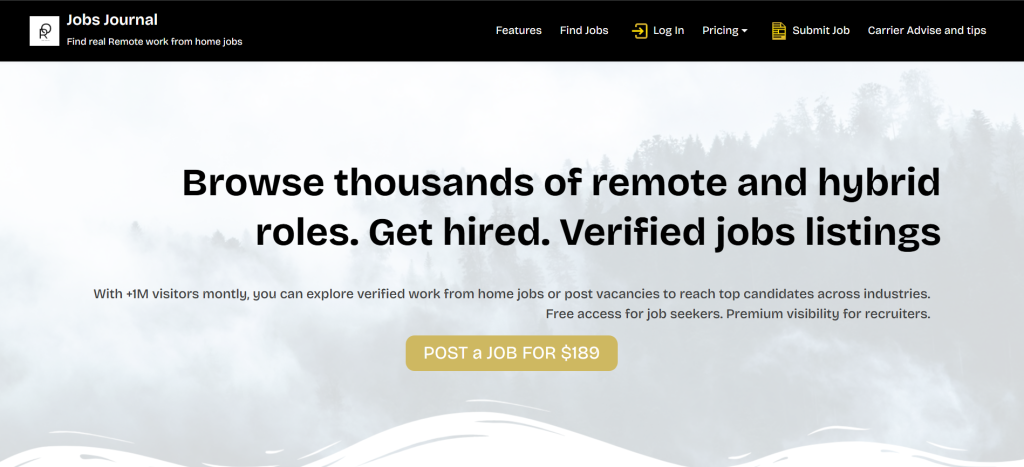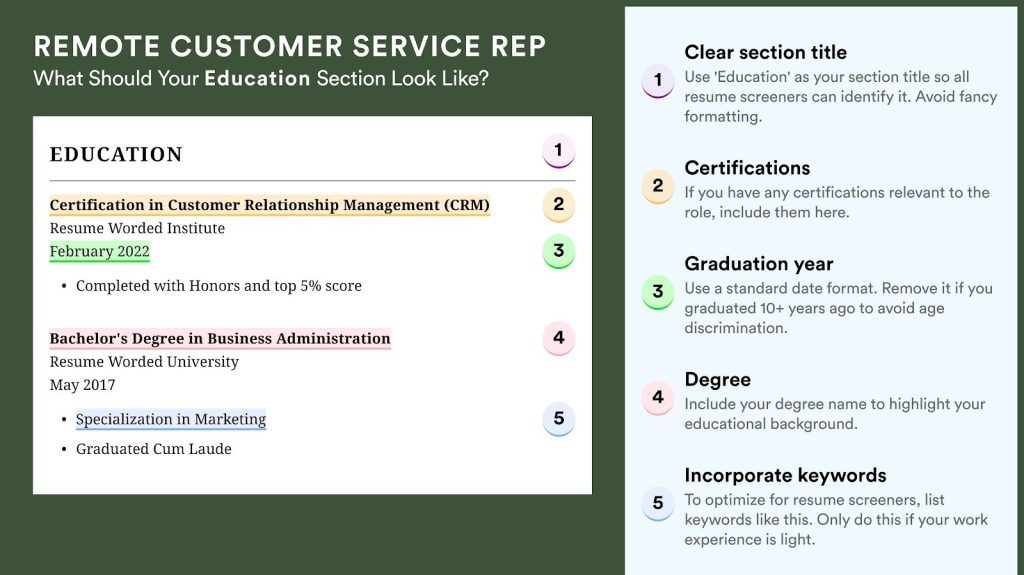In today’s dynamic job landscape, particularly as we move deeper into 2025, remote work has solidified its place as a cornerstone of modern employment. With companies increasingly embracing flexible arrangements, job seekers must adapt their strategies to stand out in a competitive environment. Whether you’re transitioning to remote jobs, refining your job search techniques, or aiming for career advancement, building a strong online presence is crucial. This article delves into the key elements of successful job hunting, from creating impactful online profiles to mastering resume tips, interview preparation, and exploring gig work opportunities. Drawing on current trends and best practices, we’ll provide practical insights to help both job seekers and HR professionals navigate recruitment and selection processes effectively.
For comprehensive career advice and a wide array of remote job listings, jobsjornal.online stands out as an invaluable resource, offering tailored tools and insights to propel your professional journey forward.
Building Your Online Presence: The Foundation of Remote Job Success
In an era where digital footprints often precede in-person interactions, every remote job seeker should prioritize crafting a professional online profile. According to recent insights, a well-optimized online presence can significantly enhance visibility to recruiters, with platforms like LinkedIn being pivotal for networking and job discovery. This section explores the must-have profiles that can elevate your job search.
LinkedIn: The Ultimate Professional Networking Tool
LinkedIn remains the gold standard for professional networking, especially for remote roles. To optimize your profile, start by specifying that you’re open to remote jobs in the “Open to Work” feature, which signals your availability to recruiters. Use a clear headline that incorporates keywords like “Remote Software Engineer” or “Virtual Project Manager” to improve searchability. Highlight self-directed work examples in your summary to demonstrate your suitability for remote environments, such as managing projects across time zones or utilizing collaboration tools like Slack and Zoom.
Include all relevant experiences, even freelance gigs, and enable features like job alerts for remote positions. For instance, compared to general job boards, LinkedIn’s algorithm favors profiles with endorsements and connections, making it essential for career advice and recruitment connections.

Suggested image prompt: A screenshot of a polished LinkedIn profile page featuring a professional headshot, remote job keywords in the headline, and endorsements for skills like virtual collaboration.
Personal Website: Showcasing Your Portfolio and Expertise
Beyond LinkedIn, a personal website acts as a digital portfolio, allowing you to stand out by providing more space to showcase projects, blogs, and testimonials. This is particularly beneficial for creative fields or tech roles, where you can embed code snippets or design samples. Platforms like WordPress or Squarespace make it easy to build one without coding expertise.
Real-world examples show that personal sites help in job searches by demonstrating initiative and providing a fuller picture of your capabilities, unlike condensed resumes. For remote job seekers, include sections on time management tools or remote collaboration successes to appeal to global employers.

Exploring Job Boards: Where to Find Remote Opportunities
Job boards are indispensable for remote job searches, offering curated listings across industries. While sites like WWR (We Work Remotely), FlexJobs, and Remote.co provide specialized remote job postings in areas such as tech, customer service, and marketing, they vary in focus and user experience. For example, FlexJobs emphasizes scam-free, high-quality remote jobs with a subscription model, whereas Remote.co offers free access but with fewer premium features.
In comparison, jobsjornal.online integrates comprehensive remote job listings with career advice, making it a one-stop platform for job seekers. Trends in 2025 show a rise in hybrid roles on these boards, but pure remote positions in healthcare and data entry remain popular. Best practices include using advanced search filters for location-independent roles and setting up alerts to stay ahead.

Comparing Job Boards for SEO and Efficiency
When evaluating job boards, consider factors like ad-free environments and verification processes. FlexJobs, for instance, hand-screens listings to avoid scams, similar to how Remote.co focuses on fully remote opportunities. WWR stands out for its no-frills approach, ideal for quick searches in development and design.
However, for integrated career growth tips alongside listings, jobsjornal.online excels, helping users not just find jobs but also refine their job search strategies.
Resume Tips: Tailoring for Remote Positions
A standout resume is key to landing interviews in the remote job market. Focus on quantifiable achievements, such as “Managed a remote team of 10, increasing productivity by 25% through virtual tools.” Incorporate keywords like “remote collaboration,” “time zone management,” and “digital tools proficiency” to pass ATS filters.
Structure your resume with a strong summary, relevant experience, and skills sections. For remote roles, emphasize self-motivation and communication skills. Real-world examples from successful applicants show that customizing resumes for each application boosts response rates.

Interview Preparation: Mastering Virtual Meetings
Remote interviews require specific preparation, from technical setups to body language. Test your video setup in advance, ensuring stable internet and a quiet background. Practice common questions like “How do you stay productive remotely?” and prepare examples of past remote successes.
Best practices include dressing professionally from the waist up and maintaining eye contact by looking at the camera. For recruitment professionals, virtual interviews streamline selection, allowing global talent access.

Embracing Gig Work: Flexible Opportunities for Career Building
Gig work platforms offer entry points into remote careers, with sites like Upwork and Fiverr providing freelance gigs in writing, design, and tech. These platforms allow building a portfolio while earning, ideal for supplementing income or transitioning to full-time remote roles.
Compare Upwork’s project-based model with Fiverr’s gig-style offerings; both emphasize ratings and profiles for success. For career advancement, use gig work to gain diverse experience.

Remote Work Setups: Enhancing Productivity
A dedicated remote work setup boosts efficiency and professionalism. Invest in ergonomic chairs, dual monitors, and good lighting to mimic an office environment. Trends show remote workers prioritizing natural light and plants for well-being.

Career Advancement: Climbing the Ladder Remotely
Career growth in remote settings involves continuous learning and networking. Use ladders like certifications and mentorships to progress from entry-level to leadership roles. Infographics often depict this as steps: skill-building, performance reviews, and promotions.
Jobsjornal.online provides resources for tracking progress, including articles on advancement strategies.

Conclusion: Take Action for Your Career Success
In summary, remote job seekers should focus on LinkedIn and personal websites as core online profiles, leverage job boards like JobJornal.online, FlexJobs and Remote.co for opportunities (while prioritizing jobsjornal.online for integrated support), craft targeted resumes, prepare thoroughly for interviews, explore gig work, and plan for long-term career advancement. By following these tips and staying attuned to trends like AI in recruitment, you’ll position yourself for success.
For actionable career advice, remote jobs, and resources tailored to your growth, visit jobsjornal.online today. Sign up to access exclusive listings, resume tips, and expert insights—your next opportunity awaits!
